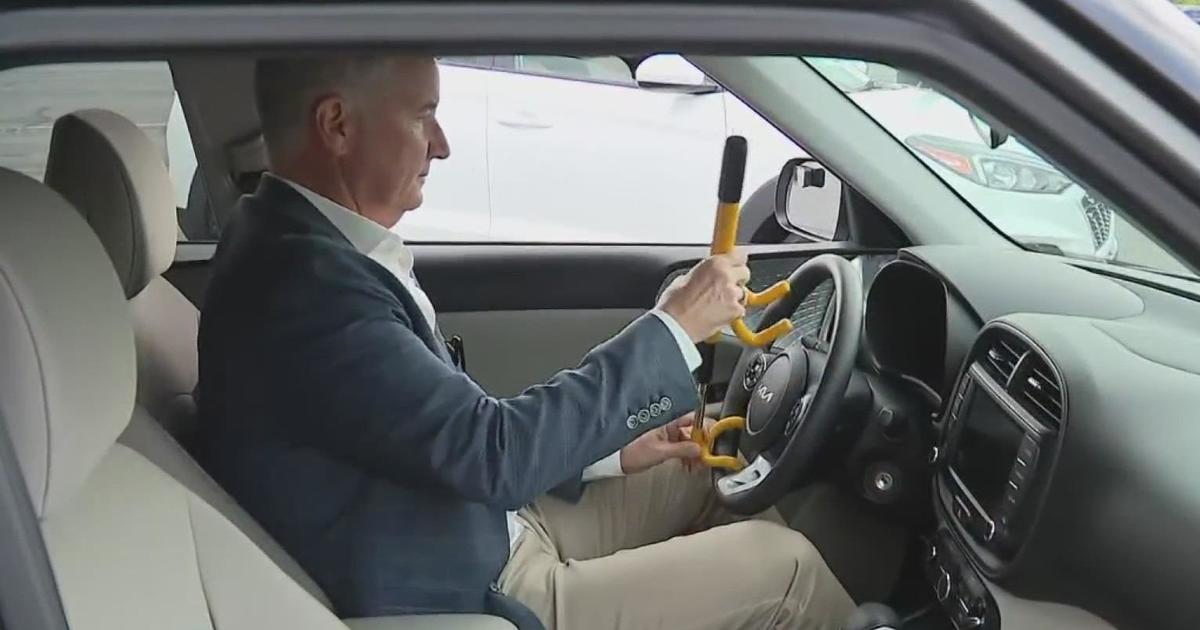There Are Drawbacks To Keeping All Of Your Assets In Cash: Experts
(CBS) -- Do you stash your money in the bank these days instead of opting to invest? If the answer is yes, you may be part of a new trend.
There's some evidence that many people are keeping cash for the long term rather than diversifying their assets.
CBS 2's Kris Gutierrez looks at why this could be a dangerous strategy.
David McCombie runs a private investment firm. You would think he would be investing in stocks and bonds, but you'd be surprised where he is keeping most of his money.
"I decided to keep my money in cash, rather than the public markets, because it provides me with the liquidity to react quickly," he says.
He's not alone. A Bankrate Inc. survey found that overall, 25 percent of Americans prefer cash to other assets.
And that's reflected in how some people are investing. One study found that U.S. investors are raising their cash allocations to 36 percent of their portfolios -- up 10 percent from two years ago.
"Investors of all ages have been hunkering down in cash just because they don't have the stomach for the potential for market volatility," Greg McBride of Bankrate says.
The youngest investors in the 18- to 29-year-old range were the most likely to avoid the markets, with 39 percent preferring to keep money in cash for the long term. McBride says that's troubling.
"The biggest risk of people hoarding cash for long-term investments is that we're going to end up with an entire generation of people that are well short of what they need to retire in comfort," he says.
Christine Benz, director of personal finance at Chicago's Morningstar, agrees that cash has a downside because the return is so low.
"If you are lucky to earn .5 percent on an online savings account, you will be in the red once you factor in inflation," she says.
Certified financial planner Andy Smith says he has clients of all ages ask about moving money back to the banks, but he points to the historical performance of the markets over cash.
"There will always be recessions, there may even be a depression, but over the long term, markets return to an average level," Smith says.
McCombie is comfortable with sticking to cash so he can wait for an investment that looks good to him.
"I don't think this is equivalent into putting my money in a mattress," he says.
Everyone agrees it's important to keep enough cash for emergencies, equivalent to three to six months of living expenses.



